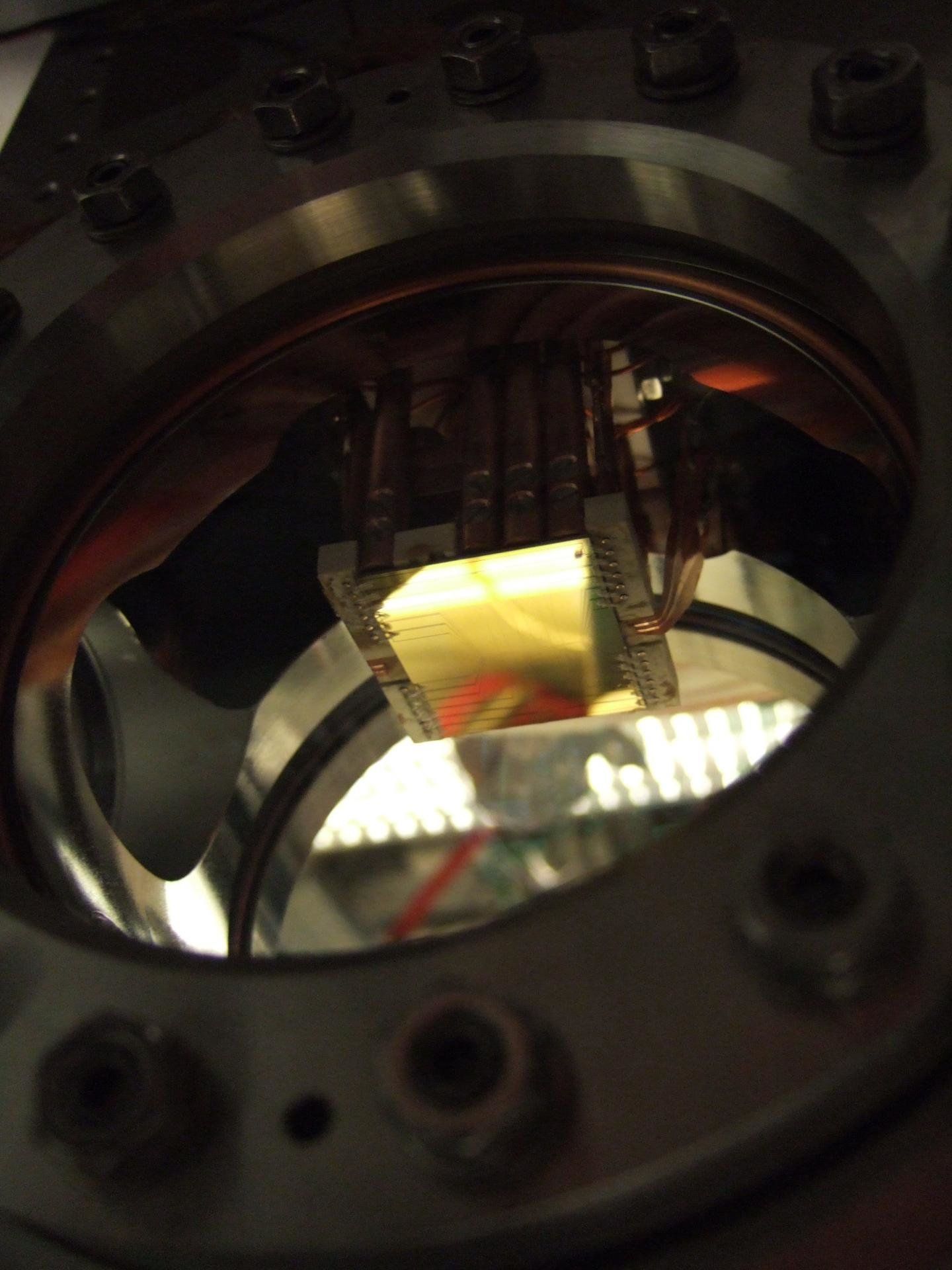Remarkable rules have been detected in the apparent chaos of disequilibrium processes. Different systems behave identically in many ways, if they belong to the same “universality class.” This means that experiments can be carried out with quantum systems that are easy to handle in order to obtain precise information about systems that cannot be directly studied in the experiment—such as the Big Bang.
Some phenomena are so complicated that it is impossible to precisely calculate them. This includes large quantum systems, which consist of many particles, particularly when they are not in an equilibrium state, but changing rapidly. Such examples include the wild particle inferno that occurs in particle accelerators when large atoms collide, or conditions just after the Big Bang, when particles rapidly expanded and then cooled.
At TU Wien and Heidelberg University, remarkable rules have been detected in the apparent chaos of disequilibrium processes. This indicates that such processes can be divided into universality classes. Systems belonging to the same class behave identically in many ways. This means that experiments can be carried out with quantum systems that are easy to handle in order to obtain precise information about other systems that cannot be directly studied in the experiment. These findings have since been published in the journal Nature.
